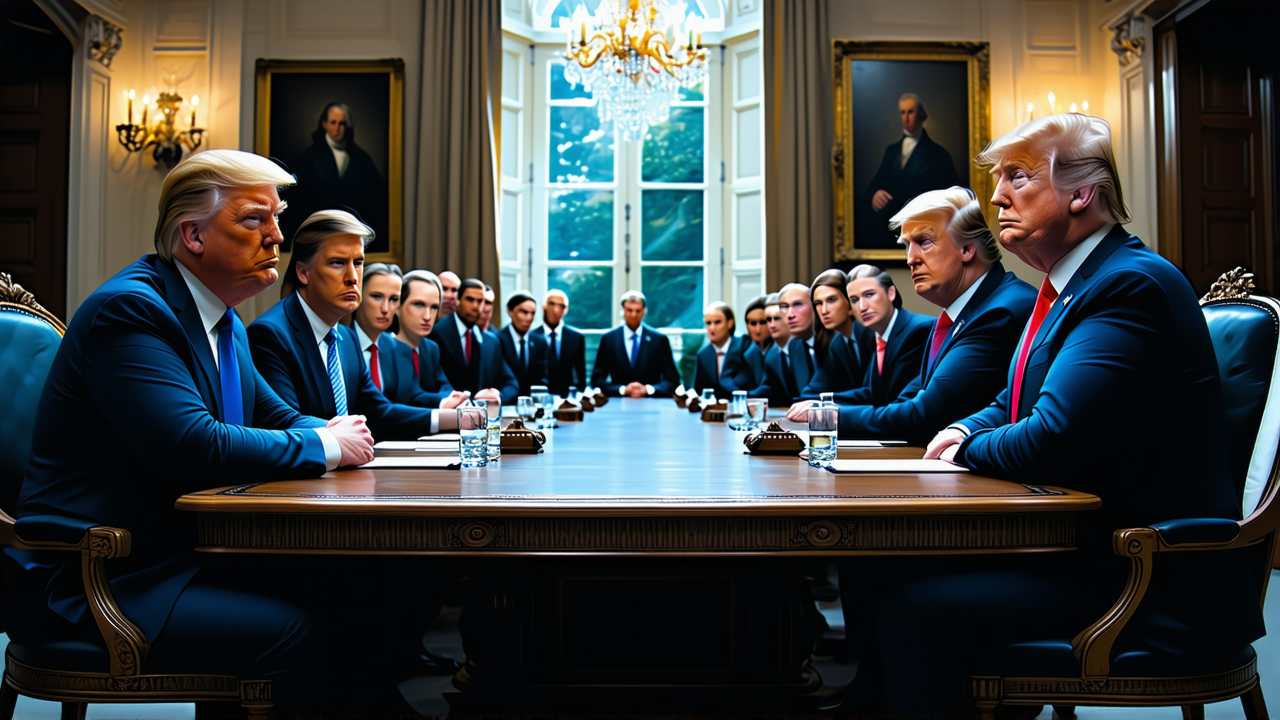U.S. Envoy Steve Witkoff Meets with Vladimir Putin Amid Ukraine War Deadline
U.S. Envoy Steve Witkoff Meets with Vladimir Putin Amid Ukraine War Deadline
In a high-stakes meeting that took place in Moscow, U.S. envoy Steve Witkoff held three-hour talks with Russian President Vladimir Putin, just days before a critical deadline set by U.S. President Donald Trump for Russia to agree to peace in Ukraine or face new sanctions.
The meeting, described by Trump as "highly productive" and "great progress" having been made, took place amid growing tensions over the ongoing war in Ukraine, which has now entered its third-and-a-half year. The U.S. envoy was sent on a last-minute mission to seek a breakthrough in the conflict, which began with Russia’s full-scale invasion of Ukraine.
Despite the optimism expressed by Trump, a White House official confirmed that Washington still planned to proceed with secondary sanctions on Friday, indicating that the U.S. remains committed to its pressure tactics on Russia regardless of the outcome of the talks.
From the Russian side, a Kremlin aide called the discussions "useful and constructive," highlighting that both sides exchanged "signals" on the Ukraine issue and discussed the potential for strategic cooperation between Moscow and Washington. Russian investment envoy Kirill Dmitriev, who greeted Witkoff on arrival and accompanied him on a walk near the Kremlin, posted on social media: "Dialogue will prevail."
However, analysts remain skeptical about the likelihood of a breakthrough. According to three sources close to the Kremlin, Putin is unlikely to yield to Trump’s ultimatum, as he believes he is winning the war and his military objectives take precedence over improving relations with the U.S. An Austrian analyst, Gerhard Mangott, stated that the meeting was a "last-ditch effort" to find a solution that would be politically acceptable to both sides but warned that a compromise is unlikely.
Meanwhile, Ukraine’s President Volodymyr Zelenskyy has called for a full ceasefire and a leaders’ summit, stating that the war must stop and that the responsibility lies with Russia. He accused Russia of carrying out deliberate attacks on critical infrastructure, including a gas pumping station in southern Ukraine, which he described as a "deliberate and cynical blow" to preparations for the winter heating season.
Russia, on the other hand, has continued its heavy air attacks on Ukrainian cities, with Kyiv alone reporting at least 72 deaths from a recent assault. Trump has condemned these attacks as "disgusting," while Ukraine continues to strike Russian oil depots and refineries, a strategy that has been employed multiple times.
As the deadline approaches, the U.S. and Russia remain at an impasse. Trump has threatened to impose heavy tariffs on countries that purchase Russian oil and gas, with particular pressure being placed on India and China, which are major buyers of Russian exports. The Kremlin has dismissed these threats as illegal, claiming that they infringe upon the sovereignty of other nations.
In a potential move that could signal a shift in the conflict, reports suggest that the Kremlin may propose a moratorium on air strikes by both Russia and Ukraine. This idea, previously floated by Belarusian President Alexander Lukashenko, would not amount to a full ceasefire but could offer some relief to both sides.
As the situation remains highly volatile, the world watches closely to see whether this last-ditch effort by the U.S. will lead to a breakthrough or further escalation of hostilities.
